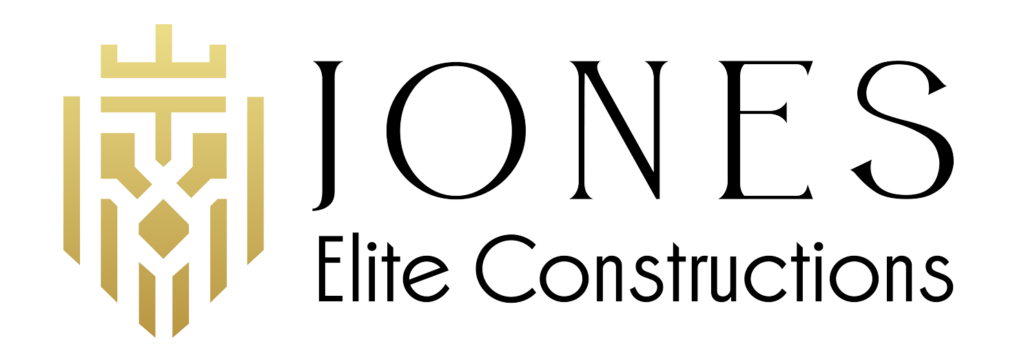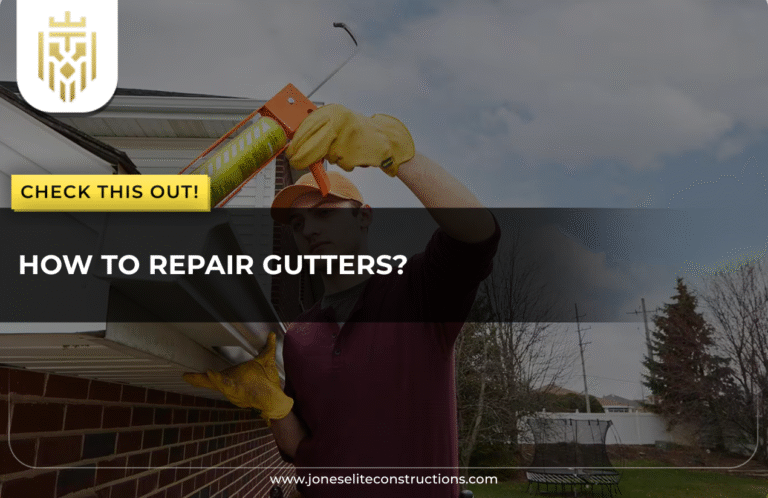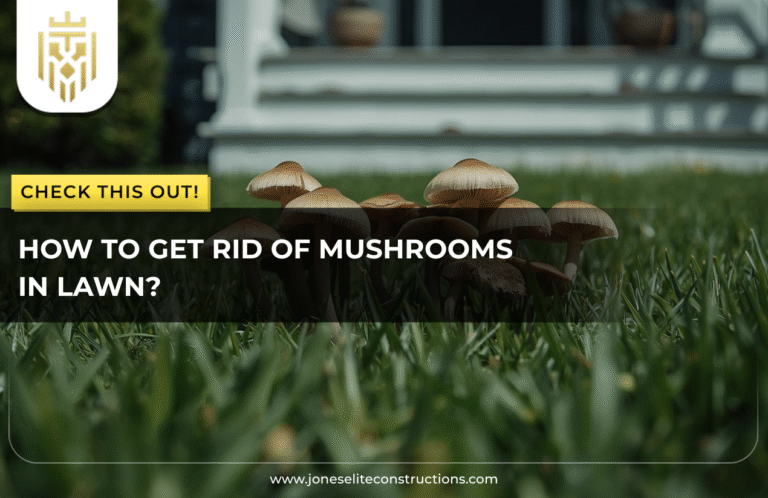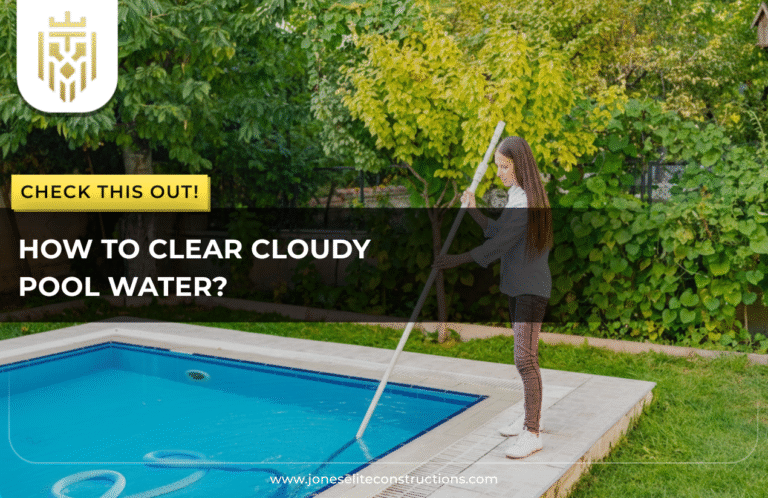Leaky pipes, clogged drains, dripping faucets, running toilets, low water pressure, water heater problems, and burst pipes form the core of plumbing problems. Regular maintenance, timely repairs, and professional inspections can inhibit futile damages and interruptions.
1) Leaky Pipes

Leakage in pipes happens to be among the most common plumbing issues resulting from corrosion, high water pressure, improper installation, or broken seals. If left unattended, that can have severe plumbing problems leading to expensive repairs and damages to buildings. That checking of leaks early prevents wastage of water, and mold growth takes place, as well as preventing long-term damaging effects on the plumbing system.
2) Slow or Clogged Drain

A clogged drain is one of the most common plumbing problems, creating havoc in everyday life because the water refuses to flow or flows too slowly. Hair, soap scum, grease, and food scraps are the main culprits for this common plumbing issue, which generally causes backups in sinks, tubs, and showers. Regular maintenance and immediate action can keep the household miles away from severe blockages and perhaps even damage to their sewer line.
3) Dripping Faucets

Dripping faucets are are a persistent plumbing issue, being a complete waste of water and adding to the higher utility bills for the household. Even minor drips will waste thousands of gallons annually, making them one of the more common plumbing problems in any home. Installing new washers or replacing defective internal parts will usually stop the leak and the resultant further water damage.
4) Running Toilets

A running toilet leads to wasting water and subsequently causing higher bills and possible water damage to the property. Most of the time, this plumbing issue is caused by a defective flapper valve or a fill valve mechanism. Immediate fixing will avoid excessive water consumption and will guarantee that the toilet will flush efficiently.
5) Low Water Pressure

Life gets miserable without proper water pressure. Washing dishes become an inconvenient chore with showering. Low water pressure usually results from clogged drains, leaks, corroded pipes, and sometimes by a malfunctioning pressure regulator. However, it can also indicate more severe plumbing problems, so identifying the root cause early should help to restore normal water flow and prevent repairs of a bigger extent.
6) Water Heater Issues

One of the usual plumbing problems is the failure of a water heater to provide hot water. This may result from heating elements not functioning properly, the presence of sediment build-up inside, or corrosion that all lead to failure of efficient usage, leakage, or complete system failure. Regular maintenance and prompt repair ensures a water heater is running at an optimal efficiency level, avoiding accidental breakdowns.
7) Burst Pipes

Burst pipes are sometimes serious and common plumbing issues, which keep freezing temperatures inside causing expansion of the water within. This sudden rupture in the pipe leads to flooding, expensive repairs for consequential water damage, and possibly structural damage. Insulating the exposed pipes and keeping the indoor temperature constant ensures prevention against this very disastrous plumbing problem.
What can Cause Plumbing Problems?
There are so many causes of plumbing problems: clogged drains, pipe corrosion, broken seals, worn-out washers, and too much water pressure. Even infiltration of tree roots, freezing temperatures, and poor installation add to the list of common plumbing problems, which eventually lead to leaks or sewer backups. Therefore, regular check-ups and maintenance help in reducing or even eliminating these risks and in making a plumbing system function really well.
How to Fix Plumbing Problems?
When in a hurry, a plunger or drain snake may unclog drains to solve minor plumbing problems; meanwhile, tighten connections or replace broken components for dripping faucets. Repair leaking pipes or adjust the pressure regulator to avoid big plumbing headaches. More complicated issues like having a faulty water heater warrant the intervention of a professional plumber.
FAQs
1) What are the common plumbing problems?
Leaky pipes, clogged drains, dripping faucets, running toilets, low water pressure, water heater problems, and burst pipes form the double club of plumbing problems. Regular maintenance, timely repairs, and professional inspections can inhibit futile damages and interruptions.
2) How can I prevent plumbing issues?
Prevent plumbing issues by avoiding clogged drains, repairing leaks right away, maintaining water pressure, and insulating pipes during cold weather. Check for leaks regularly, service your water heater, and avoid flushing non-biodegradable items to prevent large plumbing issues.
3) When should I call a professional plumber?
Call a plumbing specialist if there are persistent leaks, severely clogged drains, no hot water, or major plumbing problems like burst pipeage. Some unresolved common plumbing problems will damage your property and require long-term viable solutions by a professional.
4) What is one of the most common problems with pipes?
Leaky pipes are common plumbing problems caused by corrosion, excessive chlorinated water pressure, broken seals, or clogged drains. Ignoring a pipe leak can cause serious structural damage and mold growth, which may become costly to repair. Therefore, fixing a leak at the earliest helps to avert further plumbing problems.
